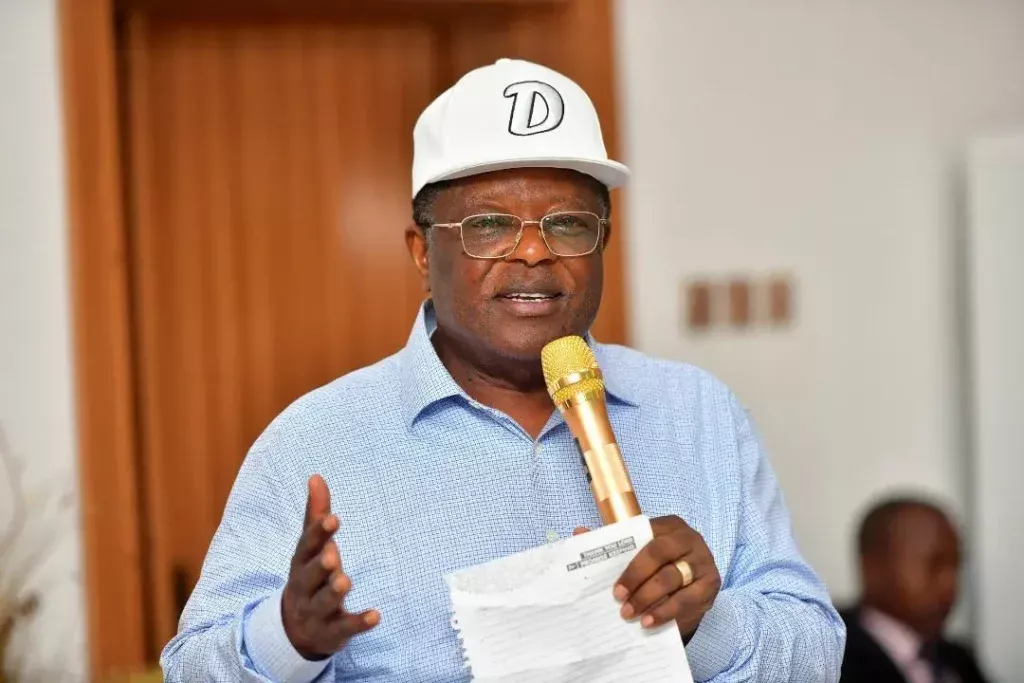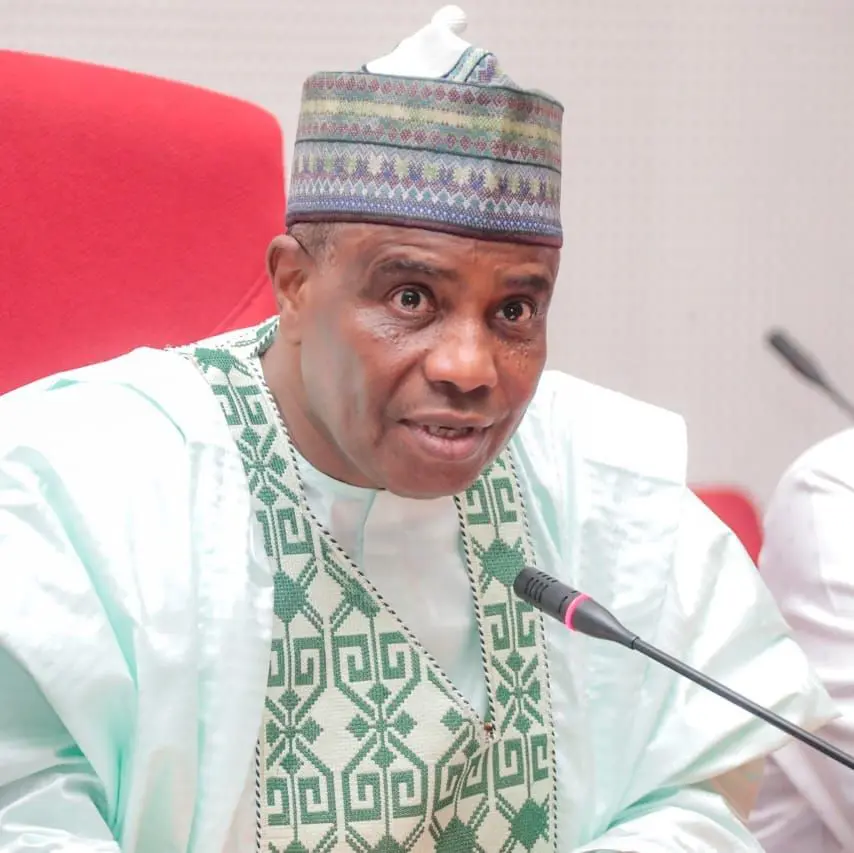Sudanese civilians hope that a one-week ceasefire will offer respite from air raids, gunfire, and explosions that rocked the country’s capital, Khartoum. Recent truces have been repeatedly violated. The United States and Saudi Arabia jointly announced the ceasefire, aimed at enabling humanitarian assistance to civilians. It was scheduled to take effect on Monday at 9:45 pm (1945 GMT). The UN states that fighting has driven nearly 650,000 Khartoum residents from their homes. However, with the previous ceasefire breached, many view it with scepticism. For those who remained, relief agencies are grappling with overwhelming needs for water, electricity and medicine. Additionally, unrelenting gunfire has left many households separated. Millions have been uprooted, while 1,000 people have already lost their lives.
The conflict exists between Sudan’s army, commanded by General Abdel Fattah al-Burhan, and the Rapid Support Forces (RSF), led by Burhan’s former deputy Mohamed Hamdan Daglo. Most banks are shuttered, warehouses and factories looted, attacked and burned, and Sudan is experiencing a shortage of fuel, making access to food increasingly difficult. According to the UN, 25 million people, over half the population, require humanitarian aid.
In its latest attempt to quell the violence, the US-Saudi and international-supported ceasefire monitoring mechanism aims to be a game changer. It comes after an agreement was reached in Jeddah that the parties had signed but broken. However, U.N. aid chief Martin Griffiths has denounced important and significant breaches of the agreement, which was signed by the warring parties on May 12 in Jeddah to respect humanitarian principles and allow in badly needed aid. Various reports show that “at least 11 attacks against humanitarian premises in Khartoum, and four new attacks against health facilities” have taken place since May 12, making citizens apprehensive about the proposed ceasefire.
The global community must spare no effort to ease the suffering of the people,” said Pope Francis while welcoming the partial agreements reached so far in the Vatican. The United Nations, the African Union, and the East African bloc IGAD have all embraced the ceasefire because of the heightened need for humanitarian assistance.
Sudan was also in the news as director Mohamed Kordofani’s “Goodbye Julia” became the first-ever Sudanese film featured in the Cannes film festival’s official selection. Speaking on the red carpet, the director expressed feelings of honour and pride while guilty because “people are trying to flee the bombs.”
If implemented, the ceasefire is expected to bring some relief for those who have been affected by the Sudanese war, enabling them to access critical medical and humanitarian supplies as well as reconnecting loved ones separated by the prolonged crisis.



